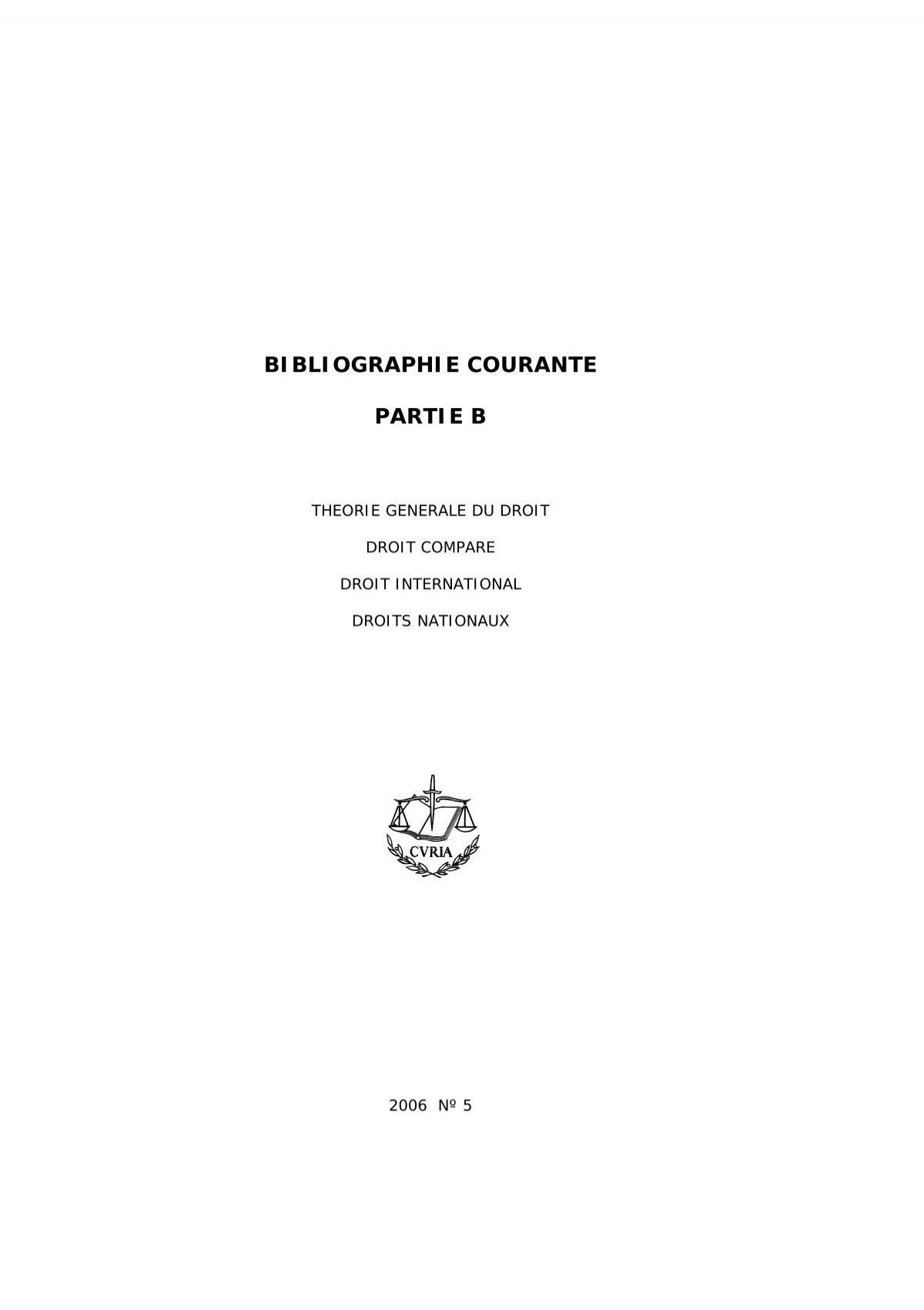EU and German Courts Define Regulations on Prescription Drug Discounts in Recent DocMorris Rulings

Title: EU and German Courts Define Regulations on Prescription Drug Discounts in Recent DocMorris Rulings
In recent years, the European Union and German courts have been at the forefront of defining regulations concerning prescription drug discounts, a topic that has gained significant attention due to the activities of DocMorris, a prominent online pharmacy. These rulings have profound implications for the pharmaceutical industry, healthcare providers, and patients across Europe.
**Background on DocMorris and the Legal Context**
DocMorris, based in the Netherlands, has been a pioneer in the online pharmacy sector, offering prescription medications across Europe. Its business model, which includes offering discounts and incentives on prescription drugs, has sparked legal debates, particularly in Germany, where strict regulations govern pharmaceutical pricing and distribution.
The core of the legal contention lies in the intersection of EU single market principles, which advocate for the free movement of goods and services, and national regulations that aim to protect public health and ensure fair competition. Germany, known for its stringent pharmaceutical laws, prohibits discounts on prescription drugs to maintain price uniformity and safeguard local pharmacies.
**Key Rulings and Their Implications**
1. **European Court of Justice (ECJ) Ruling:**
In a landmark decision, the ECJ ruled that Germany’s prohibition on prescription drug discounts was incompatible with EU law. The court emphasized that such restrictions hinder the free movement of goods and services within the EU. This ruling was a significant victory for DocMorris, allowing it to continue offering discounts to German customers, thus intensifying competition in the pharmaceutical market.
2. **German Federal Court of Justice Response:**
Following the ECJ’s decision, the German Federal Court of Justice had to align its national laws with EU regulations. While the court acknowledged the ECJ ruling, it also highlighted the importance of protecting public health and ensuring the viability of local pharmacies. Consequently, Germany has been exploring alternative measures to balance these interests, such as implementing stricter regulations on online pharmacies’ advertising practices.
3. **Impact on the Pharmaceutical Market:**
The rulings have prompted a reevaluation of pricing strategies among German pharmacies. Traditional brick-and-mortar pharmacies face increased competition from online entities like DocMorris, which can offer more competitive pricing. This shift has encouraged local pharmacies to innovate and improve their services to retain customers.
4. **Consumer Benefits and Challenges:**
For consumers, the rulings have led to greater access to affordable medications, particularly benefiting those in rural areas with limited access to local pharmacies. However, there are concerns about the potential for reduced quality of service and the risk of counterfeit drugs in an increasingly digital marketplace.
**Future Outlook**
The DocMorris rulings underscore the ongoing tension between EU integration and national sovereignty in healthcare regulation. As the pharmaceutical landscape evolves, further legal challenges and regulatory adjustments are anticipated. The EU and member states must continue to navigate these complexities to foster a competitive yet safe and equitable pharmaceutical market.
In conclusion, the recent rulings on prescription drug discounts highlight the dynamic interplay between EU law and national regulations. As online pharmacies like DocMorris continue to expand their reach, the need for a balanced approach that protects consumer interests while promoting fair competition remains paramount.